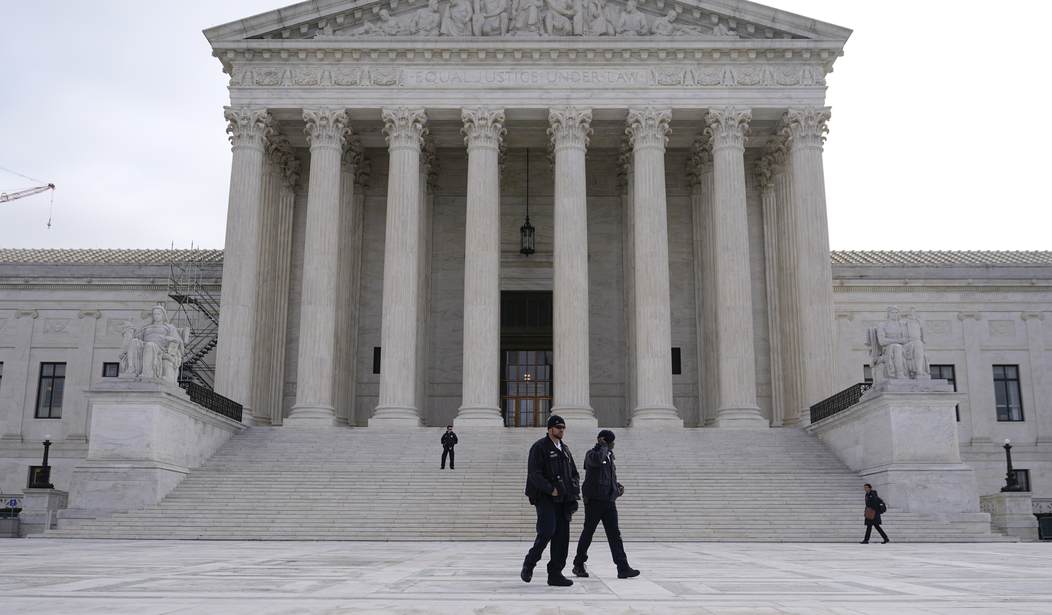Zackey Rahimi is, by all accounts, the kind of person I wouldn’t let in my house. His track record makes it clear that he’s a bad person.
In fact, despite his track record and that he’s at the center of a Second Amendment case, it’s actually something almost no one disputes.
It’s also something that keeps being brought up as if that’s really what matters.
Over at the Huffington Post, they start off the typical anti-Rahimi story by actually making him a bit more sympathetic.
In the letter, Rahimi pleaded with the judge to take mercy on him. Since his family immigrated to the United States from Afghanistan, he had grown up in poverty, he wrote.
Shy and overweight, kids at school bullied him. A devoted gearhead, he found a way to help his family pay the bills in high school by flipping cars bought at auction after repairing and detailing them.
At some point, however, he drifted toward “the wrong crowd that was using me & trying to get me to go on a wrong path.”
“I started being intoxicated at all times by smoking marijuana, drinking alcohol, doing pills & all type of mess trying to get me to become a whole other person,” Rahimi wrote.
Now, he wanted to put the drugs behind him and focus on trying to earn an engineering certificate from a technical school, in the hope of landing a job in the automobile industry to help support his parents and his young son. He promised the judge he would “stay away from firearms & weapons, & never to be away from my family again.”
Rahimi’s disavowal of firearms is an ironic twist for the man whose case may end up expanding gun rights after it is heard at the Supreme Court on Nov. 7.
I think we all know Rahimi was probably trying to say anything that might get him out of prison.
Yet we also need to remember one very important fact about all of this. Rahimi being a good person or not is actually irrelevant.
The issue we’re dealing with here is whether a restraining order should strip someone of their Second Amendment rights. That’s a principle that exists independently of whether someone is good or bad and has important ramifications throughout the nation.
As it is, a lot of domestic violence restraining orders are issued against people based on less than convincing evidence. We don’t see the individuals hit with these orders in criminal cases because the evidence is insufficient, yet they get hit with a restraining order anyway.
Now, in many cases, the people who get hit with one are, in fact, bad people like Rahimi. Yet that’s not universally the case, and when we’re talking about people’s rights here, we really should be expecting a higher standard of proof than “he said/she said.”
Unfortunately, despite any claims to the contrary, most of the anti-gun side don’t see a problem with Rahimi having been stripped of his Second Amendment rights without any kind of conviction because they don’t think he’s deserving of those right.
That’s not how rights work. If it were, there are a lot of people who would be down with stripping most Huffington Post writers of their First Amendment rights.
Rahimi being good or bad is irrelevant because that’s not how we determine who gets rights or who gets to keep them. We have a line that’s hard and fast–an actual conviction in a court by a jury of one’s peers–and unless that burden is met, even someone like Rahimi should get to keep their right to keep and bear arms.
No one has to like it, but don’t pretend that line doesn’t matter. If it doesn’t for gun rights then it doesn’t for any right and it’s just a matter of time before that’s proven.







Join the conversation as a VIP Member